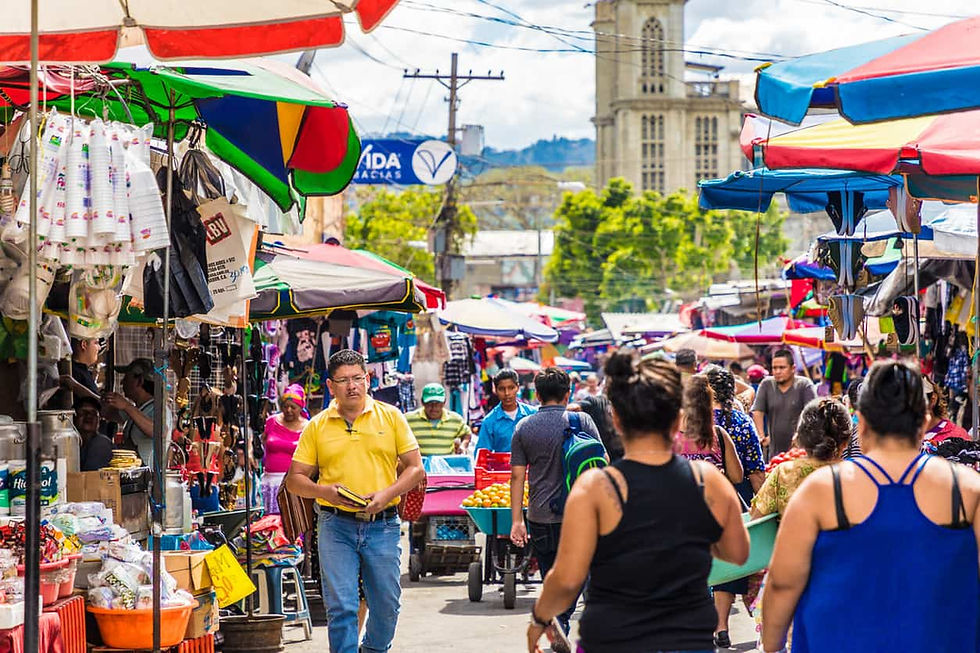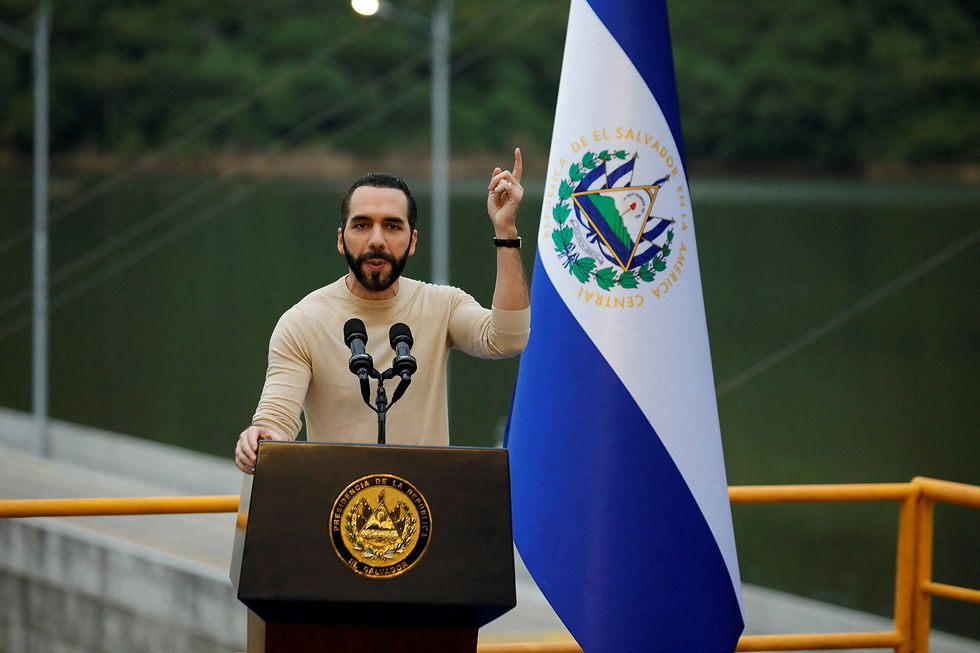El Salvador May Become One of the World’s Richest Countries As A Result Of Its Bet On Bitcoin
- Capital Culture
- Mar 20, 2024
- 3 min read

As reported by Cryptonews.com, in a move that has shocked the world of finance and captured the imagination of cryptocurrency enthusiasts, El Salvador has embarked on a bold experiment to become the first nation to build its economy around Bitcoin.
The tiny Central American country, one of the most densely populated on the planet, made history in September 2021 when its president, Nayib Bukele, announced that Bitcoin would be recognized as legal tender alongside the US dollar. But the government's commitment to the digital currency didn't stop there.
On November 16, 2022, Bukele stunned observers by revealing that the nation would begin purchasing 1 Bitcoin per day, a move that has sparked both enthusiasm and skepticism in equal measure. Despite the criticism, the strategy appears to be paying off, at least on paper.
As of the latest count, the government of El Salvador holds over 2,000 Bitcoins, which have soared in value to more than $150 million. And yet, Bukele has made it clear that he has no intention of cashing in on his cryptocurrency windfall anytime soon.

The president has declared they are not selling, but are holding for the long-term.
This unwavering faith in Bitcoin's future potential could prove to be a masterstroke, as the digital currency is poised to undergo what’s known as a "halving" in the coming months. If history is any guide, such events have been known to trigger massive price surges.
If Bitcoin reaches $100,000, El Salvador will be able to pay off its loans to the IMF, expressed Venture Capitalist Tim Draper, a vocal proponent of the country's Bitcoin bet.
Draper's optimism is shared by many, including Alexander Mamasidikov, the founder of CrossFi, a platform designed to bridge the gap between traditional finance and the blockchain world.
El Salvador will soon be financially independent, Mamasidikov predicted. "Recognizing Bitcoin as an official currency has allowed the government to completely change the financial model and go its own way."

The impact of this shift is already being felt on the ground in El Salvador. Bitcoin has emerged as a powerful tool for financial inclusion, giving millions of unbanked citizens access to the global economy for the first time.
"In a country where a large portion of the population does not have access to traditional banking services and many families depend on remittances, BTC allows Salvadorans to become their own bank and receive money from anywhere in the world for an incredibly low fee," explained Joe Nakamoto, a crypto-journalist who has been closely following the Bitcoin revolution in El Salvador.
Nakamoto paints a picture of a vibrant Bitcoin ecosystem emerging in pockets of the country, with a dedicated core of "Bitcoiner" Salvadorans leading the charge.
"In circular economy projects including Berlín, El Zonte, and in some parts of San Salvador, there is an intransigent minority of Bitcoiner Salvadorans who are keen to see Bitcoin use outstrip Dollar use," he said.
The long-term success of El Salvador's Bitcoin experiment hinges on many factors, not least the volatile nature of the digital currency itself.

But with the country's leadership showing a steadfast commitment and the potential rewards so immense, the world will be watching with bated breath as this bold gamble on the future of money plays out on the stage of global finance.
One thing is certain – El Salvador has forever changed the conversation about the role of Bitcoin and cryptocurrencies in the developing world, and in the process, given hope to millions that a better financial future is possible.
As Draper put it, "Within maybe 30 or 40 years, El Salvador will have gone from the poorest, most crime-ridden country, to maybe one of the richest, most innovative countries in the world, just in that period of time, all because they embraced Bitcoin."








Comments